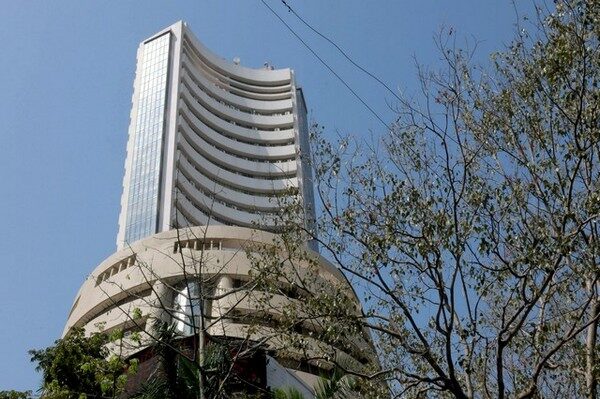Indian stock indices declined Friday morning, largely due to profit booking after the recent consistent bull run.
Indian stock indices had been rising for about two weeks, backed by higher-than-estimated Q4 earnings, firm GST collection and foreign fund inflows. Benchmark indices Sensex and Nifty declined 0.5 lower at the time of writing this report.
“A market correction is imminent. It would be a good idea to take some money off the table even while continuing with the Buy on Dips strategy,” VK Vijayakumar, Chief Investment Strategist at Geojit Financial Services.
The gross GST collection in April 2023 was at its all-time high of Rs 187,035 crore, Rs 19,495 crore more than the following highest collection of Rs 167,540 crore recorded in the same month last year.
Coming to foreign fund inflows, foreign portfolio investors (FPIs) have remained net buyers in Indian stock markets for the second straight month after having sold two months on a trot in January and February, the latest data from the National Securities Depository (NSDL) revealed. FPIs bought assets worth Rs 11,631 crore in Indian stock markets in April and Rs 7,936 crore in March.
Also, the latest weakness in the US dollar has once again made Indian and other emerging equity markets lucrative for foreign institutional investors.
Meanwhile, US stock indices finished lower on Thursday, posting four straight sessions of losses, on renewed anxiety over regional bank stocks and a slowing economy in the wake of the Federal Reserve’s decision to raise interest rates for a tenth time.
The US monetary policy committee, seeking to achieve inflation at 2 per cent over the longer run, hiked the key interest rate by another 25 basis points to 5.0-5.25 per cent. The latest hike was the same size as its previous rate increase in the March meeting and marked the tenth straight rate hike.
European Central Bank (ECB) on Thursday decided to raise the key interest rates by 25 basis points (100 basis points makes 1 percentage point).
Raising interest rates typically help in cooling demand in the economy and thus helps in managing inflation.







